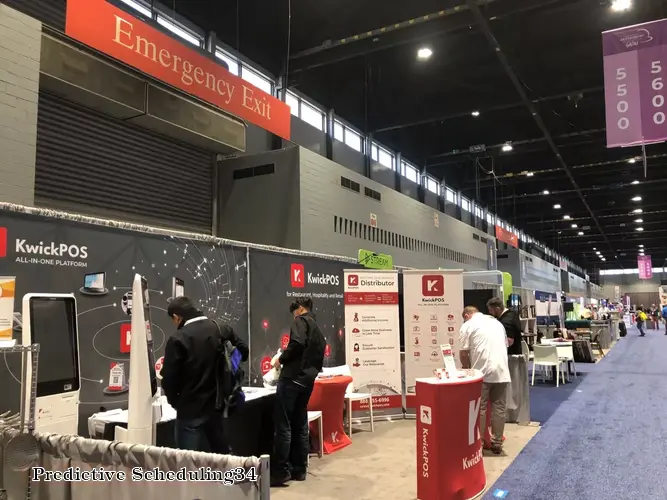

In the restaurant industry, predictive scheduling can have a significant impact on both employers and employees. On one hand, predictive scheduling can provide employees with a more stable and predictable work schedule, which can help them better balance their work and personal lives. It can also help employees better plan for childcare, transportation, and other responsibilities. On the other hand, predictive scheduling can provide employers with a more stable and predictable workforce, which can help them better manage labor costs and improve customer service.
One of the main challenges of predictive scheduling in the restaurant industry is the unpredictability of customer demand. Restaurants often experience fluctuations in customer traffic, which can make it difficult to accurately predict the number of staff needed at any given time. Additionally, restaurants often have a high turnover rate, which can make it difficult to maintain a stable workforce.
However, there are several ways that restaurants can implement predictive scheduling while still managing these challenges. For example, restaurants can use historical data and forecasting tools to predict customer demand and staffing needs. They can also use flexible scheduling practices, such as self-scheduling and open shifts, to allow employees to pick up additional hours as needed. Additionally, restaurants can use technology, such as online scheduling platforms, to streamline the scheduling process and improve communication between managers and employees.
Another way to implement predictive scheduling in the restaurant industry is by offering stable hours and predictable schedules to part-time employees. This can help restaurants retain good employees, and reduce turnover. Restaurants can also offer training and career development opportunities to part-time employees, so they can grow with the company.
In summary, predictive scheduling can be beneficial for both employers and employees in the restaurant industry. By using historical data, forecasting tools, flexible scheduling practices, technology and offering stable hours and predictable schedules to part-time employees, restaurants can implement predictive scheduling while still managing the challenges of unpredictable customer demand and high turnover rate. Additionally, it can help them retain good employees, reduce turnover, and improve customer service.
DISCLAIMER: This information is provided for general informational purposes only, and publication does not constitute an endorsement. Kwick365 does not warrant the accuracy or completeness of any information, text, graphics, links, or other items contained within this content. Kwick365 does not guarantee you will achieve any specific results if you follow any advice herein. It may be advisable for you to consult with a professional such as a lawyer, accountant, or business advisor for advice specific to your situation.
today
Copyright © 2026 Kwick365.com
Designed by KwickPOS is the best restaurant POS